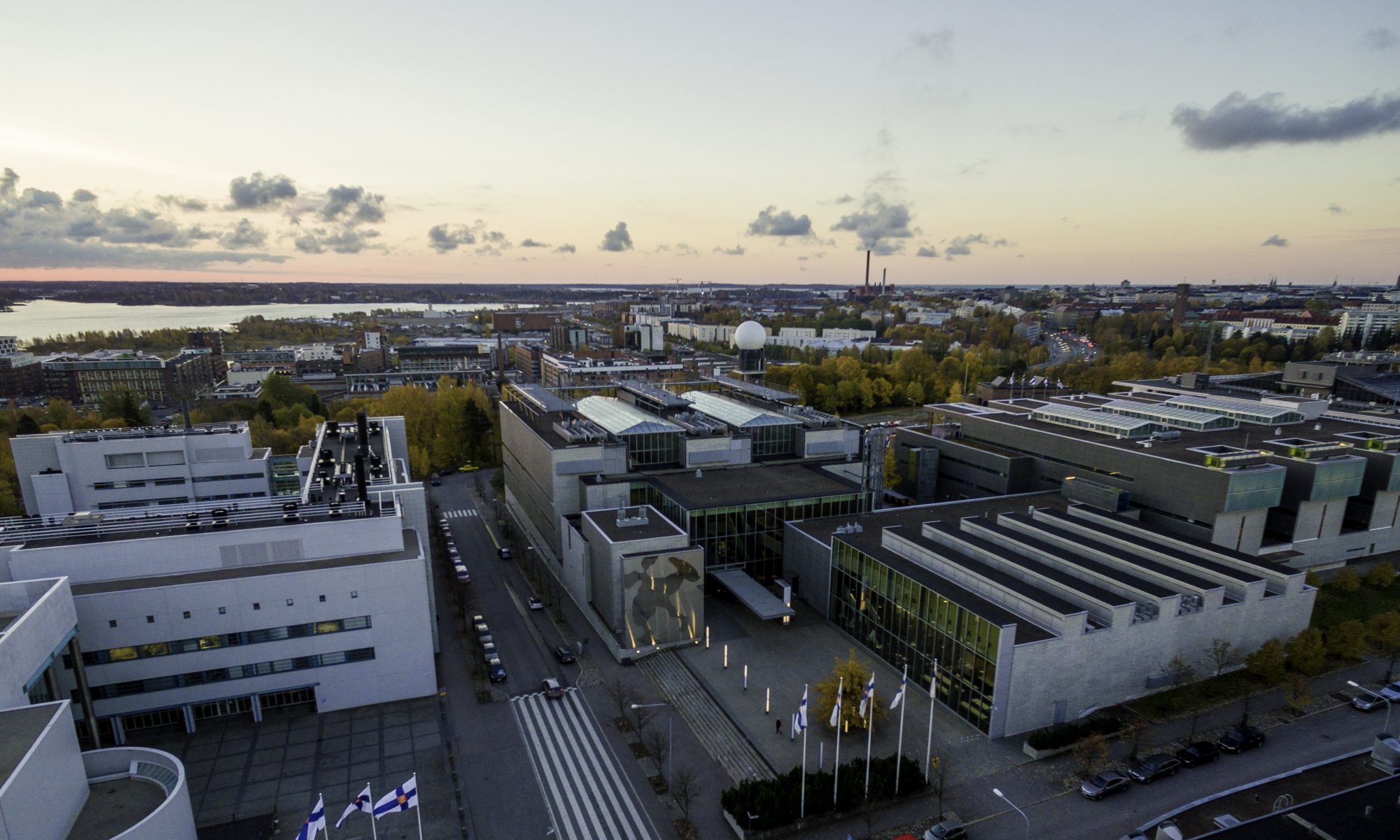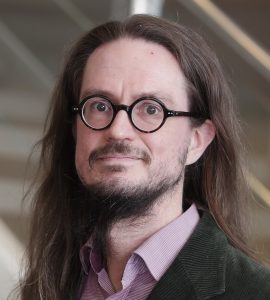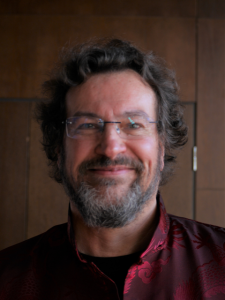 Our next Kumpula Physics colloquium in the spring series will take place on Thursday, June 8th at 13:15 (notice the change of day and time!). Our speaker will be Adrienne Traxler, who is an Associate Professor in the Department of Science Education at the University of Copenhagen.
Our next Kumpula Physics colloquium in the spring series will take place on Thursday, June 8th at 13:15 (notice the change of day and time!). Our speaker will be Adrienne Traxler, who is an Associate Professor in the Department of Science Education at the University of Copenhagen.
Adrienne Traxler is an Associate Professor in the Department of Science Education at the University of Copenhagen. Her research focuses on university physics learning environments, as well as other science education contexts. She uses network analysis to model student collaborations and mixed methods to study gender equity issues. Her current work includes characterizing collaboration networks and activity profiles in university physics courses, and investigating the professional support networks of women and LGBTQ+ physicists in the United States.
In her colloquium, titled Gender and physics education: Systemic issues and levers for change, Adrienne Traxler will discuss the role of gender in physics education.
The event will be held on Thursday 08.06.23 at 13:15 (notice the change of time!), in Physicum E204 and on Zoom (Meeting ID: 631 5504 8211 – Passcode: kumpula).
Link to video: https://unitube.it.helsinki.fi/unitube/embed.html?id=18834189-91da-4e7f-8b71-bbe23c7de81e
Here is the abstract:
The percentage of women in science, technology, education, and mathematics (STEM) fields has risen in recent decades, but physics continues to lag in gender and racial representation. It is reasonable to ask: What factors drive talented women out of the field, and what can physicists do about it? Decades of research has documented various types of bias faced by women in physics and other STEM fields, as well as emerging research on the challenges faced by LGBTQ+ scientists. This talk will review large-scale statistical trends and selected specifics. I will discuss what physicists can do to help, in terms of how we structure our courses, how we talk with our students, and how we mentor them. In physics education research, treatment of gender has often focused on gender differences in introductory courses, especially via gaps on standardized tests. This work is now being supplemented by a growing number of qualitative and critical perspectives. I will end by highlighting recent work that questions binary deficit-based models of gender, explores complexities of identity such as the intersection of race and gender, or takes up under-studied areas such as disability in physics. As conversations in education shift from increasing diversity to broader issues of equity and inclusion, our research agendas and our classroom spaces must keep up.



 Our first Kumpula Physics Colloquium for the year 2023 will take place on Friday, March 24. We will have a presentation on the regulation of cell fate and integrity to be given by Sara Wickström who is the director of the Max Planck Institute for Molecular Biomedicine in Münster.
Our first Kumpula Physics Colloquium for the year 2023 will take place on Friday, March 24. We will have a presentation on the regulation of cell fate and integrity to be given by Sara Wickström who is the director of the Max Planck Institute for Molecular Biomedicine in Münster. Our next Physics Colloquium will take place on Friday, November 11th. We will have a presentation given by Visa Heinonen and Mika Pantzar, professors from
Our next Physics Colloquium will take place on Friday, November 11th. We will have a presentation given by Visa Heinonen and Mika Pantzar, professors from  They will open the academic history of economics through the writings of two classics, John Maynard Keynes and John von Neumann. In the 1930s, Keynes questioned the policy doctrines underlying the equilibrium theory of
They will open the academic history of economics through the writings of two classics, John Maynard Keynes and John von Neumann. In the 1930s, Keynes questioned the policy doctrines underlying the equilibrium theory of